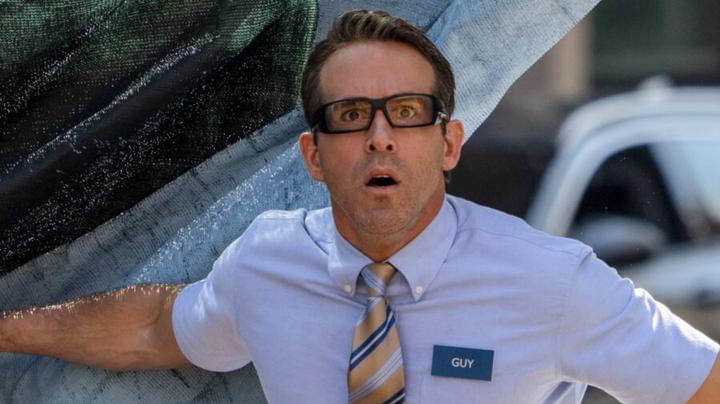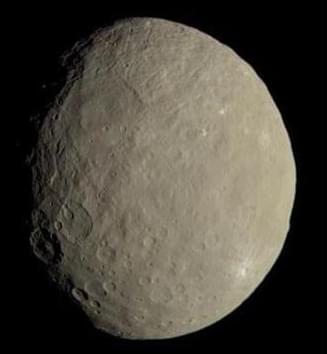In the first episode of the new season of “Star Trek: Picard,” Raffi (Michelle Hurd), while working for a mysterious, faceless contact within Starfleet, is attempting to locate dangerous stolen technology that can be used as a massively destructive weapon. Raffi catches wind of where the weapon will be used but arrives moments too late to stop it. She watches in horror as the Starfleet recruitment building — the entire massive structure — is sucked into a mysterious portal that is instantaneously formed below it. An exit portal then appears about a mile up and a few miles over, and the building crashes to the ground, crushing its own next-door neighbors.
The practical implications for portal technology will, of course, be immediately evident to anyone who has ever played the 2007 video game “Portal.” That game was predicated on making magical doorways through which the player would pass in order to surmount increasingly complex physics and maze puzzles. If one could form an entrance portal in front of them, and then an exit portal on a platform above, one could easily traverse the world.
Generally speaking, the relationship “Star Trek” has with technology is very positive. Starships allow people to travel the cosmos, replicators have essentially ended hunger, and transporters allow people to visit alien worlds. But often, when new technologies are introduced into “Star Trek,” ethical concerns are immediately raised. What, for instance, is a building-size portal-maker really for besides transporting entire buildings a mile into the air and then dropping them? Characters speak often about how certain machines could handily be weaponized.





